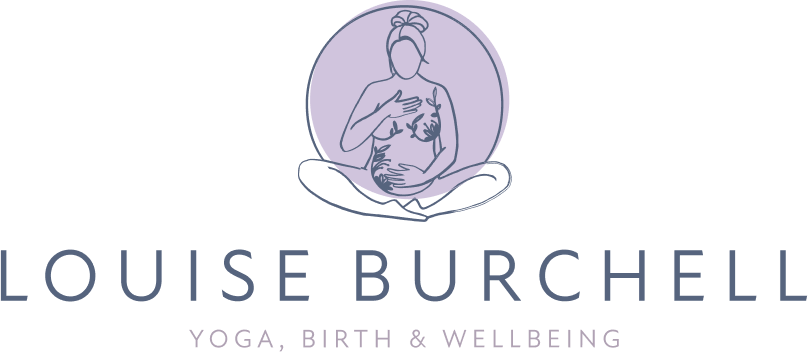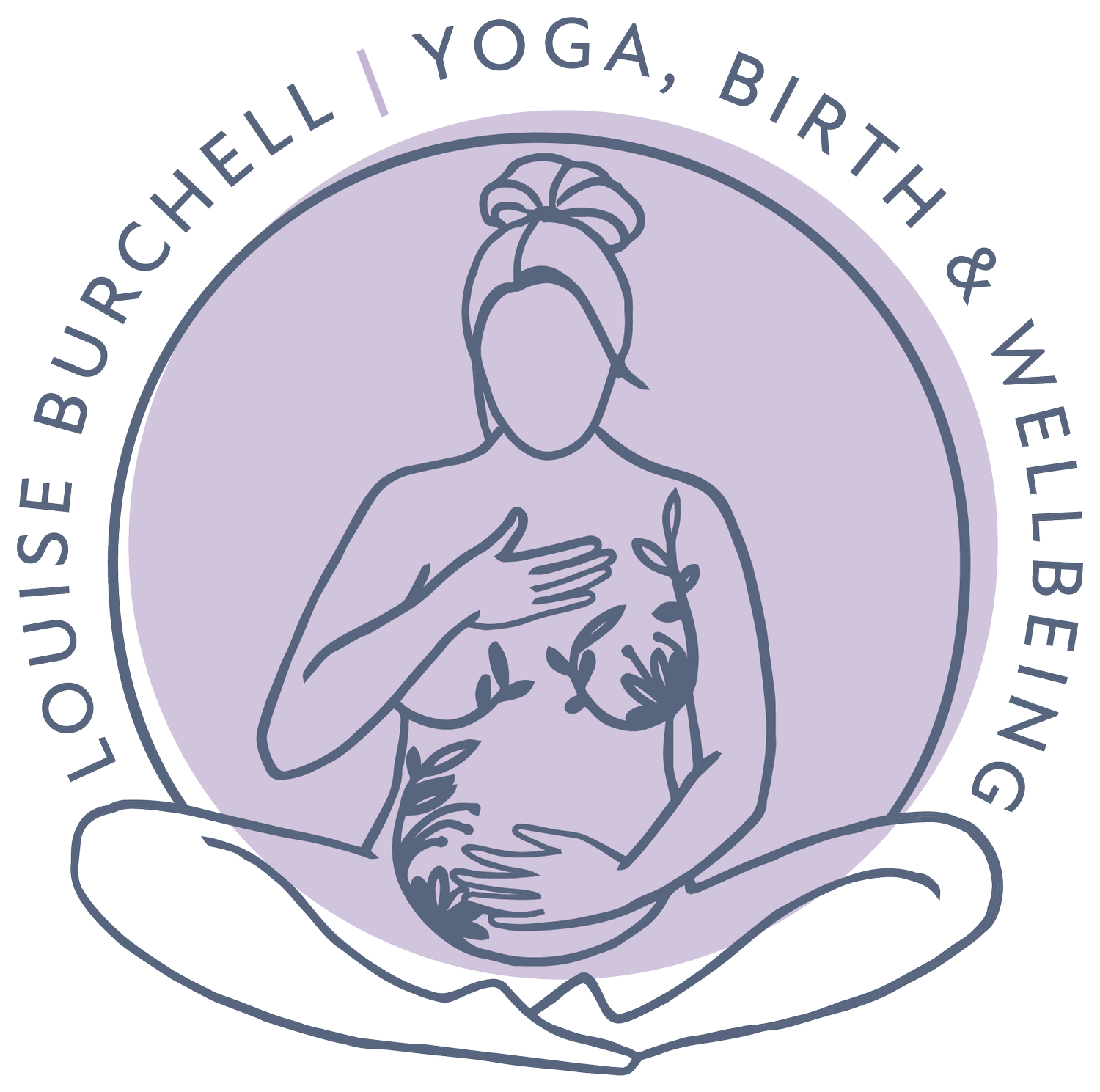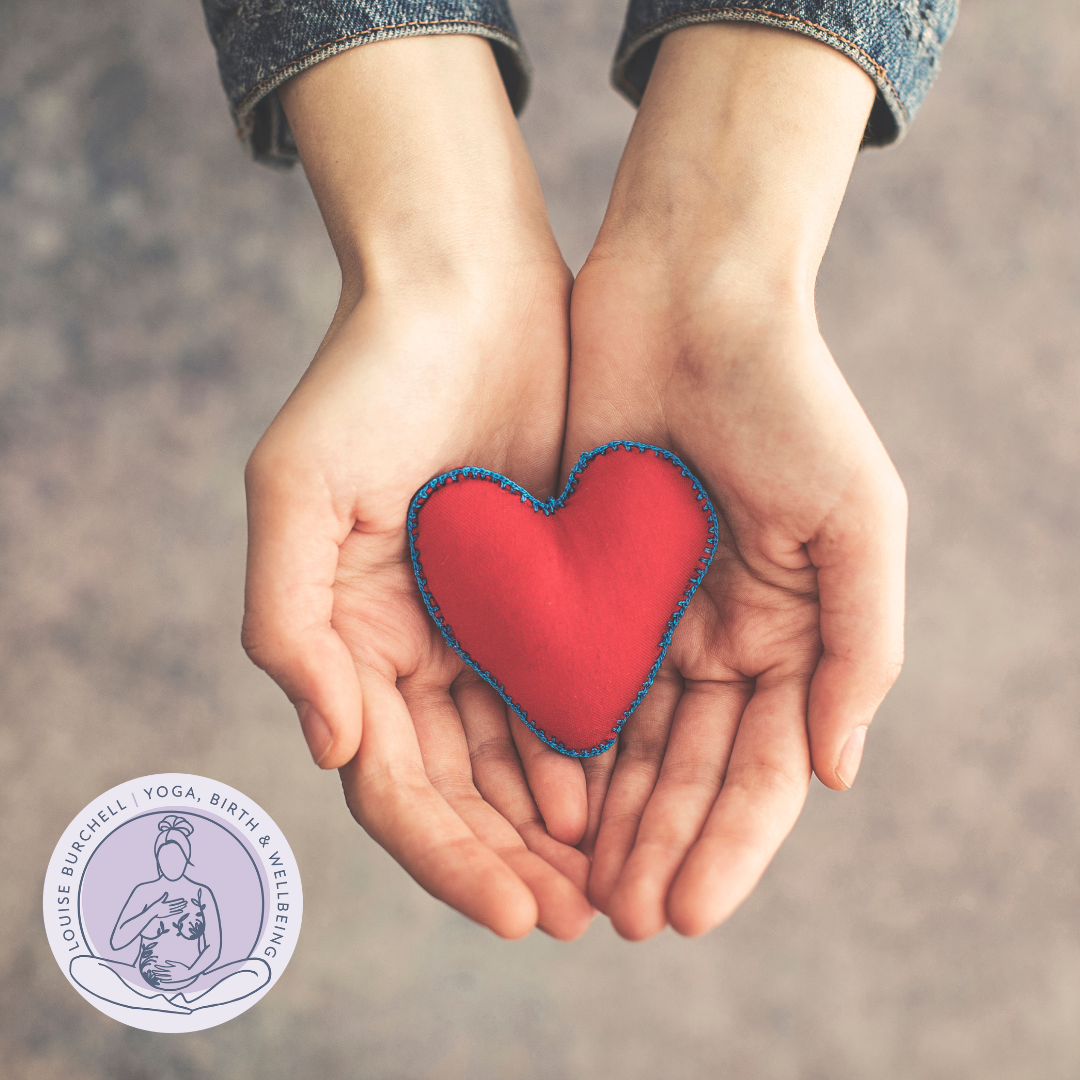New Service: Counselling Support for Birth Trauma
For many people, the story of birth is expected to be one of joy. And yet, the reality can feel very different. A difficult or traumatic birth experience can leave lasting emotional and physical scars that aren’t always easy to talk about - even with those closest to us.
If you’ve felt unsettled, distressed, or “not yourself” since giving birth, you are not alone, and support is available.
What is Birth Trauma?
Birth trauma doesn’t look the same for everyone. It may result from:
A frightening or life-threatening birth experience
Feeling powerless, unheard, or dismissed during labour or aftercare
Unexpected interventions or emergency procedures
Difficulties with your baby’s health at or after birth
Difficulties with your own health during pregnancy, birth or after birth
Previous loss, miscarriage, or infertility experiences resurfacing
How Might Birth Trauma Show Up?
The impact of a traumatic birth can surface in many ways, including, but not limited to:
Flashbacks or intrusive memories of the birth
Nightmares or difficulty sleeping
Anxiety or panic, especially around hospitals, babies or pregnant people
Feeling detached, numb, or disconnected from your baby, partner, or yourself
Low mood, guilt, or a sense of failure
Avoiding conversations, places, or situations that remind you of birth
Feeling tearful whenever you think or talk about your birth
Relationship difficulties or fear of future pregnancies
A feeling of “stuckness”
If any of these feel familiar, you are not alone. These are normal responses to trauma and they can be worked through.
Living in Survival Mode
After a traumatic birth, many people find themselves stuck in what’s often called “survival mode.” This is the body’s way of protecting you when it thinks you’re still under threat, even when the danger has passed.
Survival mode can feel different for everyone, but often includes:
A racing heart or quick, shallow breathing
Feeling constantly on edge, jumpy, or tense
Difficulty sleeping or relaxing
Struggling to concentrate or remember things
Being easily overwhelmed by everyday stresses
Feeling emotionally numb or disconnected, as though you’re just “getting through” rather than really living
These are normal responses to trauma. Your nervous system is doing its best to protect you, but staying in this state for too long can feel exhausting. Counselling offers a safe space to gently calm the nervous system, make sense of what happened, and support you to move out of survival mode and back towards balance.
🌿 If you’re noticing signs of survival mode right now, you might like to try a simple grounding exercise:
Pause and take a slow breath in through your nose.
Exhale gently through your mouth, as if you’re sighing.
Look around the room and name five things you can see, four things you can feel, three things you can hear, two things you can smell, and one thing you can taste.
This can help remind your body and mind that you are safe in this moment.
Why Talking About Trauma Helps
Talking about your experience in a safe, supportive space can:
Help you make sense of what happened
Reduce the intensity of flashbacks and intrusive thoughts
Rebuild self-compassion and self-trust
Support your connection with your baby, your body, and your wider relationships
Give you tools to manage anxiety and stress going forward
Counselling offers a confidential space where your feelings are valid, your voice is heard, and your healing is supported at your pace.
My Approach to Birth Trauma
Every person’s process is different, but I know it can help to take away some of the uncertainty by sharing what you might expect - especially if you’ve never had counselling before.
In our first session, I’ll invite you to tell me a little about yourself - how old your baby is, what your support network looks like, and anything you’re doing (if anything!) that brings you joy or peace. For many new parents, that last question can feel tricky, and that’s okay.
When it comes to your birth story, there’s no set pace. Some people feel ready to share a broad overview straight away, while others prefer to wait until they’ve had time to get to know me and build trust. There’s no right or wrong way to begin.
Over the next few sessions, we will revisit your birth story in more detail. No detail is too big or too small, too obscure or too intimate. If it feels important to you, or comes to mind naturally, then it’s likely a valuable part of your story to explore.
Throughout our work together, I’ll check in with how you’re feeling as you share, and we’ll use grounding techniques when needed - gentle reminders to your body and mind that you are safe here and now. We may also explore reframing or reinterpreting aspects of your experience, and I might offer psychological or medical insights where helpful, to support your understanding and healing.
I will listen with compassion and without judgement. I will validate your feelings and explain to you that it is no wonder you feel the way you do, after what you went through. I will comfort you and bear witness to all the feelings you have kept hidden from friends and family - the guilt, fear, disappointment, anger, sadness, grief - because you didn’t have the birth you hoped to have.
Lived Experience
No two births are ever the same, so I cannot say that I know exactly what you are going through. However, I have walked a similar path to you with the birth of my first baby, and I have come out the other side.
I do this work because I feel a fire in my belly and an ache in my heart at the injustice of people experiencing birth trauma.
I do this work because I also have hope and trust that I can help you heal.
You Can Feel Better
If you recognise yourself in any of the experiences described here, please know you don’t have to carry them alone. Reaching out for counselling can be the first step towards feeling lighter, calmer, and more connected again.
Some people need as little as 2 or 3 sessions, others will need more - it is completely up to you. My clients often tell me that they start to feel better after the first few sessions, as we gradually reduce how emotionally charged the story feels.
Many people work with me online from the comfort and safety of their own homes, which also allows you to have your baby with you during sessions. Others prefer to meet on their own, at my clinic in Edinburgh City Centre.
If you’d like to explore whether birth trauma counselling could support you, I’d love to hear from you.
👉 Email me: louise@louiseburchell.com


